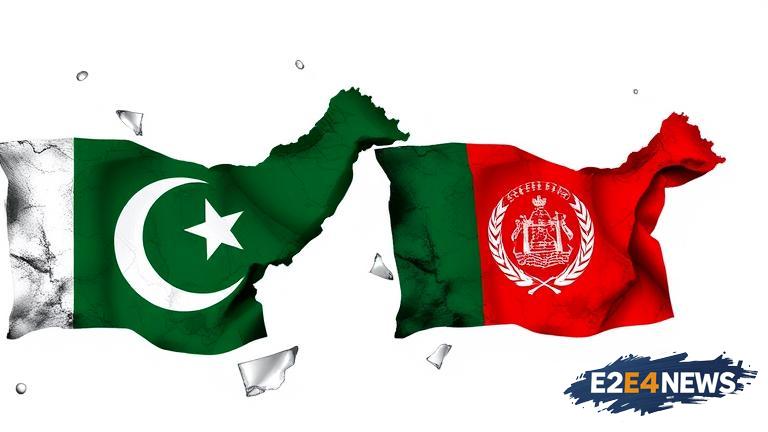The Pakistan-Afghanistan Joint Chamber of Commerce and Industry has decried the numerous hurdles to trade with Kabul, which are hindering the growth of bilateral trade between the two countries. According to the chamber, the issues with customs clearance and transportation are the major obstacles to trade. The chamber has urged the governments of both countries to take immediate action to address these issues and facilitate trade. The Pakistan-Afghanistan trade relationship has been growing steadily over the years, with Pakistan being one of the largest trading partners of Afghanistan. However, the trade potential between the two countries remains largely untapped due to various challenges. The chamber has identified several areas that need to be addressed to improve trade, including the simplification of customs procedures, improvement of transportation infrastructure, and reduction of tariffs. The chamber has also emphasized the need for increased cooperation between the two countries to promote trade and economic development. The trade between Pakistan and Afghanistan is mainly conducted through the Pak-Afghan border crossings, which are often plagued by delays and corruption. The chamber has called for the establishment of a dedicated trade corridor to facilitate the movement of goods between the two countries. Furthermore, the chamber has suggested that the two countries should work together to develop a comprehensive trade policy that addresses the needs of both countries. The policy should include measures to promote trade, reduce tariffs, and simplify customs procedures. The chamber has also emphasized the importance of promoting private sector development in both countries to increase trade and economic growth. In addition, the chamber has called for increased investment in infrastructure development, including roads, bridges, and warehouses, to facilitate trade. The chamber has also suggested that the two countries should explore new areas of cooperation, such as agriculture, energy, and mining, to diversify their trade. The trade between Pakistan and Afghanistan has the potential to create jobs, stimulate economic growth, and reduce poverty in both countries. However, the realization of this potential depends on the ability of the two countries to address the challenges and obstacles to trade. The chamber has urged the governments of both countries to take a proactive approach to promoting trade and economic development. The chamber has also emphasized the need for increased dialogue and cooperation between the private sectors of both countries to promote trade and investment. The Pakistan-Afghanistan trade relationship has the potential to play a critical role in promoting regional economic integration and cooperation. The chamber has called for the establishment of a regional trade bloc to promote trade and economic development in the region. In conclusion, the Pakistan-Afghanistan Joint Chamber of Commerce and Industry has decried the hurdles to trade with Kabul and urged the governments of both countries to take immediate action to address these issues and facilitate trade. The chamber has emphasized the need for increased cooperation, private sector development, and investment in infrastructure development to promote trade and economic growth. The realization of the trade potential between Pakistan and Afghanistan depends on the ability of the two countries to address the challenges and obstacles to trade.
